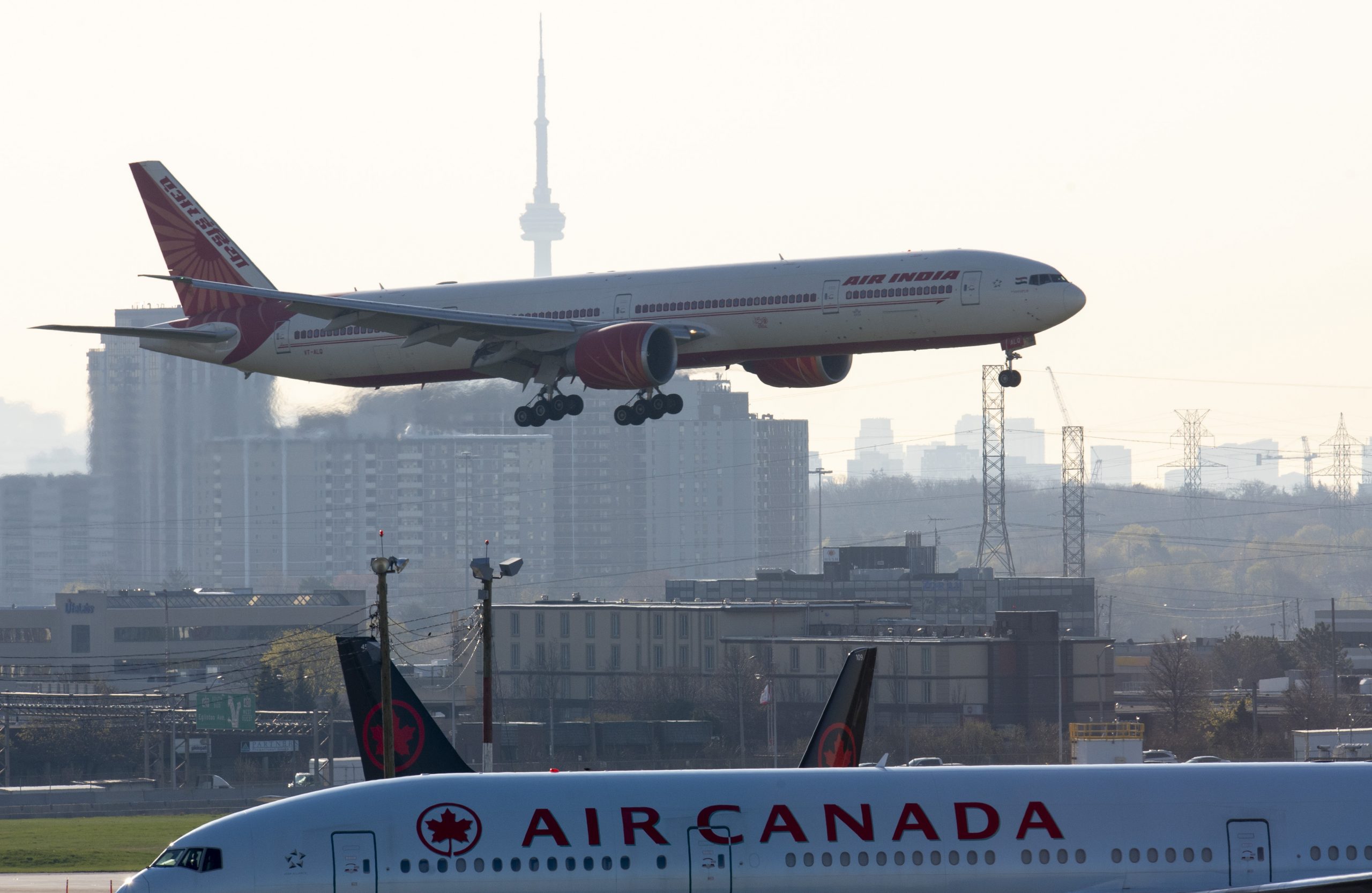 By Arpandeep Kaur
By Arpandeep Kaur
Studying internationally incorporates a whole set of problems that students go through and that, in the middle of a global pandemic has been a difficult task to deal with, for the students and institutions. Starting with the students who have to complete their studies online from their home country spend a big amount on their studies and are still not eligible to gain the practical exposure that is needed for the successful completion of a program. These students and their parents are distressed because of spending too much and in turn, getting not much.
The next category of students is the ones who are enrolled in such a program that requires their presence on Campus, have to find ways to arrive in Canada. Some are those who have applied in Co-op programs, which makes it mandatory to complete half of their studies from Canada. Currently, because of the ease in travel restrictions, it does not affect much of the students, but at a time when there was an imposition of travel ban on some countries, students had been through a depressing time.
Never ending hurdles!
The foremost problem that they faced was to find an indirect route to arrive in Canada. All preparations had to be set in advance because of the validity of the RT-PCR test, which had to be taken 72 hours before boarding the last flight to Canada. Students from India and Pakistan for example had to take several stopovers in different counties, get their rapid Covid test done, followed by the major RT-PCR test. It has not only been a huge expense on them in such a time when the world is facing recession but long travel duration or jetlag has affected their mental peace as well.
Quarantine that goes on and on
In the meantime, when students find ways to overcome the challenges, there come policies from institutions and Governments that again cause another bunch of problems for them. During the time, when Covid was at its peak in some countries, the Canadian government made the 14-day hotel quarantine mandatory for international travellers. At the time when it was lifted, they made the vaccination rule mandatory, in which the travellers vaccinated with approved vaccines were exempted from the 14-day hotel quarantine, but those who were vaccinated with non-approved vaccine had to still be quarantined for 14 days. Statistics show that out of 50% of travellers coming from India and Pakistan, 27% of them were students.
Colleges being kind
A lot of institutes have been helpful for students. For example, Seneca college offered reimbursement of the expenses spent by students in the 14-day hotel quarantine. Seneca along with the Seneca Student Federation (SSF) also came forward to help newly arrived, domestic, returning or international students with the COVID-19 relief fund, from which students have been benefitted a lot. The college’s purpose is to grant more help in the future.
As far as online teaching is concerned, colleges across the world have had a hard time managing classes. When it comes to the fees demanded by colleges and students, they tell the importance of high-end technology needed to proceed with the online classes, which incurs a high cost.
Be it the students or the institutions, the pandemic seems to be an issue for both. With changing times, adaptability to what now appears to be the only choice.

Be the first to comment